Mental Health Awareness and Journal Articles: An Exploration of Mental Health Issues through Research and Awareness, Making a Significant Contribution to the Human Well-being of All Fields.
In our second blog post on mental health and stigma, we continue our exploration of this important topic. In our previous post, we emphasized the significance of journal articles as valuable resources that delve into various mental health issues. We also examined the unique mental health challenges faced in ancient times and mental health challenges experienced by diverse populations in today’s era.
Mental Health Awareness and Stigma: Breaking the Silence, Shattering the Stigma

In today’s fast-paced and demanding world, mental health has become an increasingly important topic. In the past, it has long been shrouded in silence, misconception, and stigma. Fortunately, the tide is turning now, and mental health awareness is gaining momentum worldwide, but still, there remain significant barriers to overcome.
The concept of stigma is particularly relevant in the context of mental health because it often leads to social exclusion, prejudice, and discrimination against individuals with mental health conditions. Stigma refers to the negative attitudes, beliefs, stereotypes, and discrimination that surround a particular characteristic or condition in mental health.
By understanding these two concepts and working together, we can break down barriers, promote empathy, and create a supportive environment for those who are experiencing mental health challenges.
Maintaining good mental health is vital for our overall well-being and resilience in the face of life’s challenges. It is essential to recognize the importance of raising awareness about mental health stigma and actively working towards reducing its impact for the betterment of our mental well-being.
In this post focusing on Mental Health Awareness and Stigma, we will explore the following aspects:
- The importance of recognizing the significance of Mental Health
- An Examination of the concept of Mental Health, Mental Illness, and Mental Issues
- Mental Health Literacy and its Components
Gaining a deeper understanding of these topics will enhance our overall awareness of Mental Health. However, in an upcoming post, we will explore the Mental Health Stigma in depth. We will delve into the various aspects of stigma surrounding mental health, its impact on individuals and society, and ways to address, and overcome it.
Stay tuned for an insightful discussion on this important topic, here we start as stated above.
The importance of recognizing the significance of Mental Health

Recognizing the significance of Mental Health is crucial for overall well-being and quality of life. Acknowledging its importance allows us to prioritize self-care and seek the support and resources needed to maintain good mental well-being. It also helps us understand that mental health is not separate from physical health but it’s an integral part of our overall health. By recognizing the significance of Mental Health, we can reduce stigma and promote open conversation about mental health. It encourages us to take proactive steps towards self-care, seek professional help when needed, and support others who may be facing mental health challenges.
By investing in mental health promotion, prevention, and support, individuals and communities can thrive, fostering a healthier and more resilient society.
Hence, “Make Your Mental Health A Priority and Embrace Flourishing You”.
Mental Health, Mental Illness, and Mental Health Issues: Differences

“Mental Health” “Mental illness” and “Mental Issues” are related concepts, but there is a subtle distinction between these:
Mental Health
Mental Health refers to a person’s overall well-being in terms of their emotional, psychological, and social state. It encompasses a broad spectrum of factors, such as the ability to cope with stress, maintain healthy relationships, handle challenges, and experience positive emotions. Mental health is a positive state of functioning and involves having a sense of purpose, resilience, and the ability to adapt to life’s ups and downs. It is not merely the absence of mental illness but also e presence of positive mental well-being.
Mental Illness
Mental illness refers to diagnosable conditions that affect a person’s thinking, emotions, behavior, or overall functioning. These conditions are characterized by clinically significant disturbances in cognition, emotion, regulation, or behavior that cause distress and impair daily functioning. Mental illnesses are recognized disorders with specific criteria outlined in diagnostic manuals, such as the Diagnostic and Statistical Manual of Mental Disorders (DSM). Examples of mental illnesses include depression, anxiety disorders, schizophrenia, bipolar disorder, and eating disorders. Mental illnesses often require professional diagnosis and treatment.
Mental Issues
Mental Issues is a less specific and more general term that can refer to a wide range of challenges related to mental well-being. It can encompass both mental health problems and mental illnesses. Mental issues can include difficulties in coping with stress, emotional imbalances, relationship problems, adjustment issues, self-esteem concerns, and other psychological or emotional struggles. It is a broader term that encompasses various mental health-related difficulties individuals may face.
These issues may not necessarily meet the criteria for a specific mental illness diagnosis, but can still impact a person’s overall mental well-being and quality of life. Mental health issues can vary in intensity and duration and may benefit from supportive interventions, counseling, or self-help strategies.
In summary, mental illness refers to specific diagnosable conditions that cause distress and impairment. Mental health refers to overall well-being and positive mental functioning. And, mental issues is a more general term that includes a wide range of challenges or concerns related to mental well-being.
Both mental illness and mental health issues are important to address treatment accordingly. By combining appropriate treatment for mental illness, promoting mental health, and addressing mental health issues, we can experience comprehensive care that targets both specific conditions and overall mental well-being. This approach recognizes the interconnectedness of mental health and mental illness.
Here is a breakdown of how each aspect can be addressed:
Mental Illness Treatment
When dealing with diagnosed mental illnesses, it is essential to provide appropriate treatment. This typically involves a combination of therapy, medication, and other evidence-based interventions tailored to the specific condition. Mental health professionals, such as psychiatrists, psychologists, and counselors, play a crucial role in diagnosing mental illness and developing individualized treatment plans.
Mental Health Promotion
While treating mental illness, it is equally important to promote overall mental health and well-being. This involves incorporating strategies that enhance resilience, self-care, stress management, and positive coping skills.
Mental health promotion activities may include practicing mindfulness, engaging in physical exercise, fostering healthy relationships, pursuing hobbies and interests, and seeking social support. These efforts contribute to building and maintaining mental resilience and a positive mental outlook.
Addressing Mental Health Issues
Mental health issues which encompass a range of concerns and challenges that impact mental well-being can be addressed in various ways. This may involve seeking therapy or counseling to address specific issues, learning and implementing effective coping strategies, and accessing appropriate support networks.
Mental health professionals can assist individuals in understanding and managing their mental health issues through psychoeducation, skill-building, and providing resources.
Mental Health Literacy and its Components

Mental health literacy refers to the knowledge and understanding of issues, including their causes, symptoms, available treatments, and where to seek help. It empowers individuals to recognize, manage, and support their own mental health and that of others.
The Components of mental health literacy

By developing these components of mental health literacy, individuals can better understand and navigate their own mental health, support others who may be struggling, and contribute to creating a society that prioritizes mental well-being.
While these components are crucial and encompass broad discussions that require a nuanced approach to writing. For this blog, we will only provide a general view of these as awareness.
By selecting these topics for our blog, we aim to contribute to destigmatizing mental health, promoting understanding, and advocating for better mental health resources and support systems. In our upcoming post, we will explore the concept of stigma as the central theme of our discussion on Mental Health and Stigma.
PostScript
While mental health awareness articles and journals play a significant role in spreading knowledge and reducing stigma, it is equally important for individuals who are struggling with mental health issues to seek direct consultancy from mental health consultants for proper diagnosis and treatment.
Disclaimer: The majority of the pictures on our platform are sourced from Google images and Pexels, and may not indicate copyright ownership. We will promptly remove the picture with sincere apologies, if any copyright claims.







